When is the Autumn Budget and what should you expect?
Chancellor Rachel Reeves is set to deliver her second Autumn Budget next week – but what exactly does the fiscal event involve?

Ruth Emery
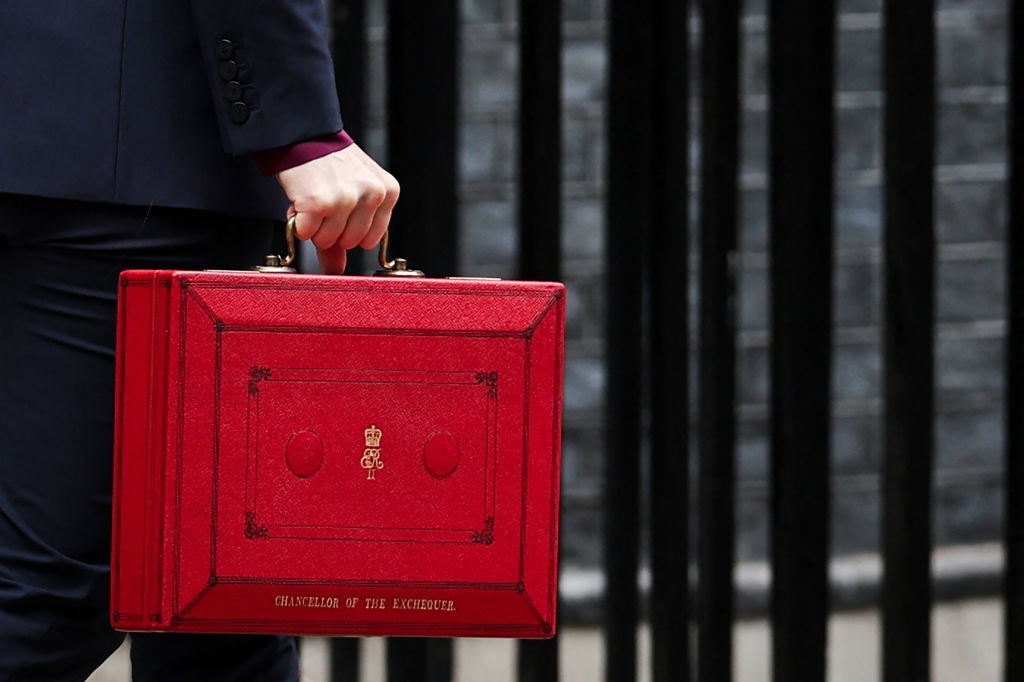
Get the latest financial news, insights and expert analysis from our award-winning MoneyWeek team, to help you understand what really matters when it comes to your finances.
You are now subscribed
Your newsletter sign-up was successful
Want to add more newsletters?

Twice daily
MoneyWeek
Get the latest financial news, insights and expert analysis from our award-winning MoneyWeek team, to help you understand what really matters when it comes to your finances.

Four times a week
Look After My Bills
Sign up to our free money-saving newsletter, filled with the latest news and expert advice to help you find the best tips and deals for managing your bills. Start saving today!
The Autumn Budget will finally take place on Wednesday (26 November), after months of speculation about what measures will be taken to rebalance the public finances.
Many are concerned that tax rises could be on the cards when chancellor Rachel Reeves addresses parliament. According to a survey by Hargreaves Lansdown in October, only 3% of people think they won’t be affected by Budget tax rises – whether that’s through changes to income tax, council tax, inheritance tax, capital gains tax, stamp duty or VAT.
In a speech delivered in Downing Street on 4 November, the chancellor told the nation she “will make the choices necessary to deliver strong foundations for our economy – for this year, and years to come”.
MoneyWeek
Subscribe to MoneyWeek today and get your first six magazine issues absolutely FREE

Sign up to Money Morning
Don't miss the latest investment and personal finances news, market analysis, plus money-saving tips with our free twice-daily newsletter
Don't miss the latest investment and personal finances news, market analysis, plus money-saving tips with our free twice-daily newsletter
Treasury communications frame the policies set to be announced as “fair choices” that help deliver on the government’s priorities of cutting NHS waiting lists, national debt, and the cost of living.
Reeves has said higher taxes on the wealthy will be “part of the story” of this Budget and insisted that those with the broadest shoulders should be contributing the most.
But whatever your wealth, the Budget is likely to have significant implications for your personal finances.
Last year’s event saw a 6.7% increase to the minimum wage, as well as £40 billion worth of tax rises to balance the books and fund public services. This included the much-disliked National Insurance hike for employers.
This year’s Autumn Budget date is later than usual, with the fiscal event usually taking place in late October or early November.
We look at what the Budget is, and the types of things you can expect to be announced in it.
What is the Budget?
The Budget is an opportunity for the chancellor to set out the government’s plans for spending, taxation and the economy.
It typically takes place once a year, but previous chancellors have sometimes deviated from this schedule with two events. Reeves has committed to returning to just one annual Budget.
As well as announcing tax and spending policies, a key role for the chancellor is balancing the books at each Budget. Reeves’s fiscal rules prevent her from borrowing money to pay for day-to-day spending, and require her to have debt falling as a share of the economy by 2030.
Despite criticism that the self-imposed fiscal rules restrain the chancellor too much, Reeves reaffirmed on 3 September that they remain “non-negotiable”.
When chancellors set the Budget, they give themselves some financial leeway – a sort of margin for error known as ‘fiscal headroom’. This is essentially the amount by which they can increase spending or cut taxes without breaking their fiscal rules.
In the spring, Reeves had a fiscal buffer of £9.9 billion, but analysts believe this has now morphed into a black hole of around £22 billion due to weak economic growth, high borrowing costs and failed spending cuts. This means further tax rises look likely in the Autumn Budget.
Economic forecasts are also published at each fiscal event, giving a sense of what we can expect over the next five years. One of Reeves’s main missions is to deliver growth, so she will be judged against this objective.
Find out more about the potential economic impact in: How could the Autumn Budget affect interest rates, inflation and the financial markets?
What happens on Budget day?
The Budget will take place on Wednesday 26 November, with the chancellor delivering her statement at around 12.30pm, after Prime Minister’s Questions.
The shadow chancellor – currently Conservative MP Mel Stride – follows afterwards with his response to the policies announced.
Another key moment on Budget day is the photo opportunity before the statement to parliament. The chancellor famously poses in front of 11 Downing Street with the red box.
What to expect from the 2025 Autumn Budget
The economic outlook for the UK has been weak for some years now, and has not significantly improved since the pandemic.
The economy suffers from slow growth (as measured by GDP), low productivity, and high inflation, unemployment, and borrowing costs.
These factors mean the chancellor has much less money to spend on public services, new projects or to finance tax cuts.
In all, the Institute for Fiscal Studies (IFS), a think tank, estimates that Reeves will need to find £22 billion to simply maintain existing fiscal policy and keep the £10 billion of fiscal headroom she left herself in March, let alone to finance extra expenditure.
The money needed to balance the books will have to be found by either raising taxes, cutting government spending or borrowing more money.
But, as the chancellor’s self-imposed fiscal rules greatly limit her ability to raise more money through borrowing, and spending cuts (like those planned for welfare and the Winter Fuel Payment) have proved difficult to push through, the chances are that taxes will need to increase.
There are a number of ways that she could do this. While no confirmation has been made yet (and will likely not come until Budget day), one of the key tax-raising measures that is expected to be announced is an extension of the freeze on income tax thresholds.
Tax thresholds have been frozen since the 2022 tax year, meaning tax bands have not increased with inflation. This means that as inflation leads to higher prices and wages, workers start to be dragged into higher tax brackets without earning more in real terms, bringing in more revenue for the government. The phenomenon is called fiscal drag.
The threshold freeze was set to expire in the 2027/28 tax year, but it now looks like Reeves will extend it rather than raising income tax rates.
Other revenue-raising measures expected to be announced are an increase in how much expensive properties are taxed, a new tax on electric vehicles, a raid on salary sacrifice, and much more.
We could also see the cash ISA limit cut, which may result in savers paying more tax on money held in non-ISA savings accounts.
For a full list of all the policies confirmed to be in the Budget, as well as those which are widely expected to be announced, read our guide: Rachel Reeves’s Autumn Budget: what we know so far.
Who is responsible for the Budget?
As chancellor, Reeves has ultimate responsibility for the Budget and announces the main measures in a speech before parliament.
Other ministers that have a say over the Budget include Reeves’s second-in-charge, the chief secretary to the Treasury. This is now James Murray, but had been Darren Jones until he moved to the Prime Minister’s office on 1 September.
Pensions Minister Torsten Bell, who was the director of the Resolution Foundation think tank before becoming an MP, is also understood to be taking a key role in this year’s Budget.
The rest of the Treasury is also closely involved in the process and publishes a report alongside each Budget statement, providing further detail on the rationale and costing behind each measure.
The Office for Budget Responsibility (OBR), the UK’s fiscal watchdog, plays a role too, as the chancellor’s Budget decisions are partly informed by data and analysis provided by them. The OBR publishes its economic and fiscal outlook on the same day as the Budget is delivered.
After the Budget statement, MPs may be required to approve immediate changes to some taxes, such as alcohol and tobacco duties. A four-day Commons debate usually follows, after which MPs are asked to agree ‘ways and means’ resolutions to approve further tax proposals.
The last step is the Finance Bill, which gives permanent legal power to the measures introduced in the Budget. The Finance Bill often acts as a motion of confidence in the government – if it cannot pass key measures in the bill, it could be at risk of collapse.
Get the latest financial news, insights and expert analysis from our award-winning MoneyWeek team, to help you understand what really matters when it comes to your finances.

Daniel is a financial journalist at MoneyWeek, writing about personal finance, economics, property, politics, and investing.
He covers savings, political news and enjoys translating economic data into simple English, and explaining what it means for your wallet.
Daniel joined MoneyWeek in January 2025. He previously worked at The Economist in their Audience team and read history at Emmanuel College, Cambridge, specialising in the history of political thought.
In his free time, he likes reading, walking around Hampstead Heath, and cooking overambitious meals.
- Ruth EmeryContributing editor
-
 Should you buy an active ETF?
Should you buy an active ETF?ETFs are often mischaracterised as passive products, but they can be a convenient way to add active management to your portfolio
-
 Power up your pension before 5 April – easy ways to save before the tax year end
Power up your pension before 5 April – easy ways to save before the tax year endWith the end of the tax year looming, pension savers currently have a window to review and maximise what’s going into their retirement funds – we look at how
-
 Rachel Reeves is rediscovering the Laffer curve
Rachel Reeves is rediscovering the Laffer curveOpinion If you keep raising taxes, at some point, you start to bring in less revenue. Rachel Reeves has shown the way, says Matthew Lynn
-
 'Expect more policy U-turns from Keir Starmer'
'Expect more policy U-turns from Keir Starmer'Opinion Keir Starmer’s government quickly changes its mind as soon as it runs into any opposition. It isn't hard to work out where the next U-turns will come from
-
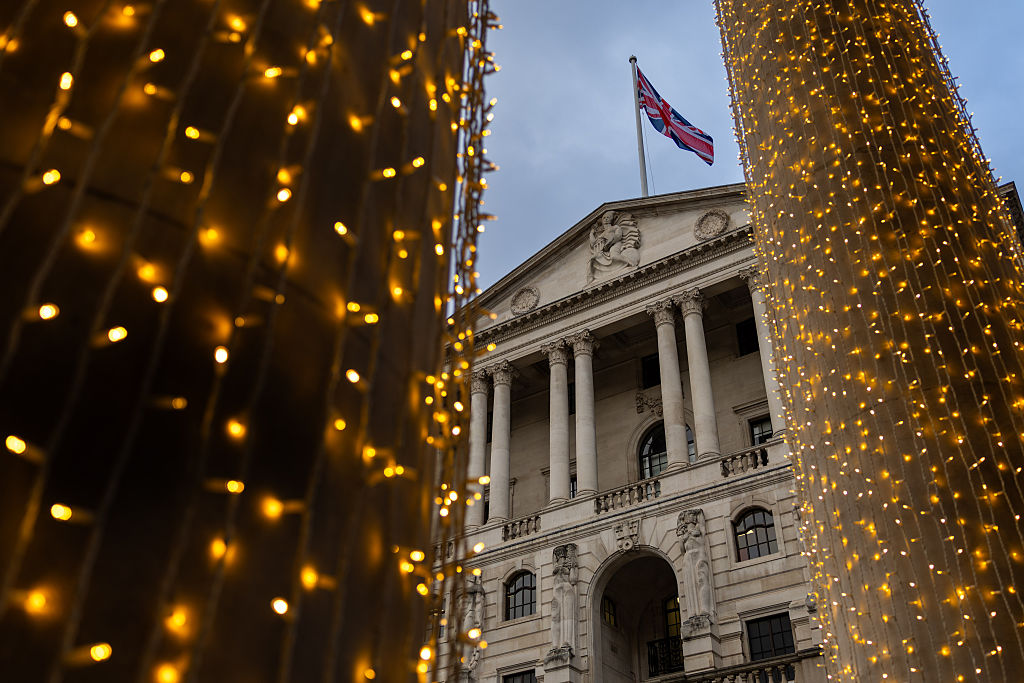 UK interest rates latest: December 2025
UK interest rates latest: December 2025Live Report The Bank of England’s Monetary Policy Committee (MPC) has cut interest rates from 4% to 3.75%
-
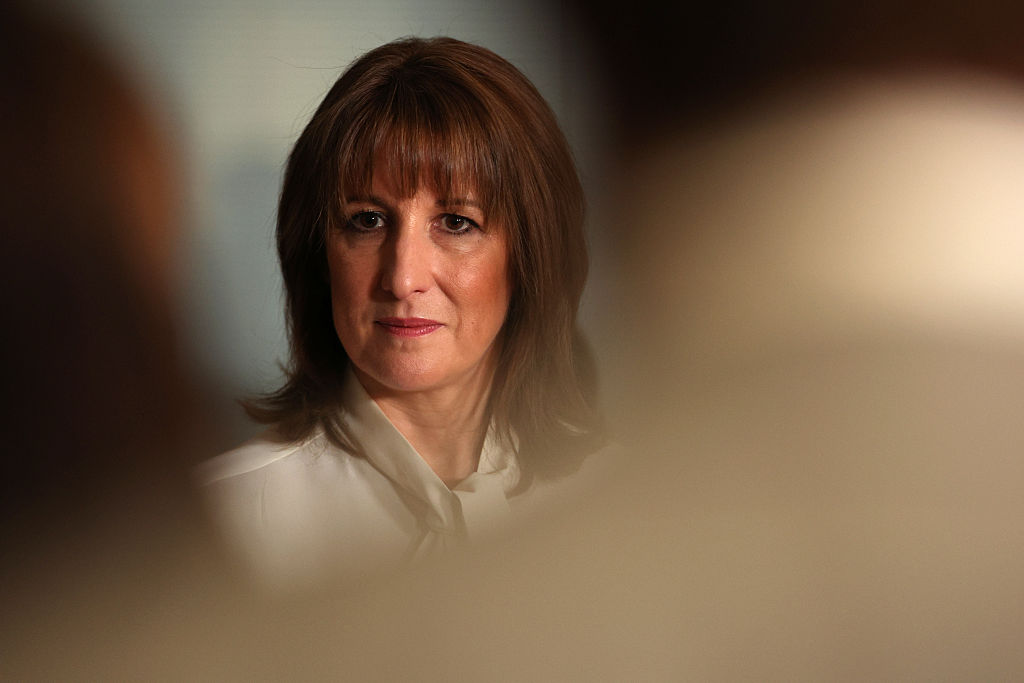 Rachel Reeves's punishing rise in business rates will crush the British economy
Rachel Reeves's punishing rise in business rates will crush the British economyOpinion By piling more and more stealth taxes onto businesses, the government is repeating exactly the same mistake of its first Budget, says Matthew Lynn
-
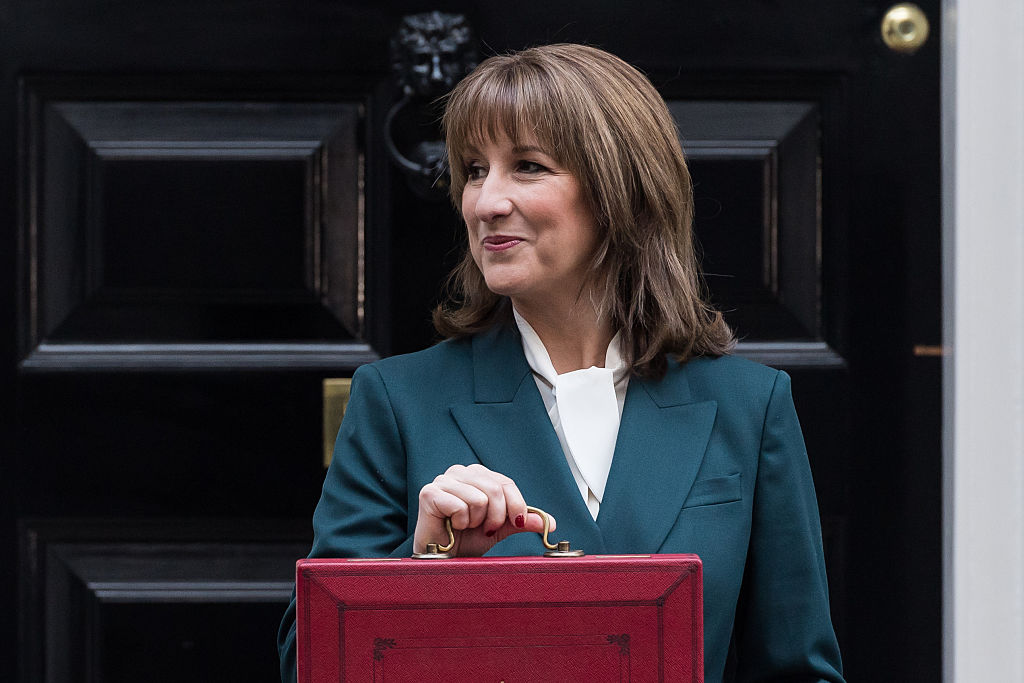 The consequences of the Autumn Budget – and what it means for the UK economy
The consequences of the Autumn Budget – and what it means for the UK economyOpinion A directionless and floundering government has ducked the hard choices at the Autumn Budget, says Simon Wilson
-
 Why UK stocks are set to boom
Why UK stocks are set to boomOpinion Despite Labour, there is scope for UK stocks to make more gains in the years ahead, says Max King
-
 Electric vehicle drivers to be charged new per mile tax from 2028
Electric vehicle drivers to be charged new per mile tax from 2028Electric vehicle drivers will be forced to pay a 3p per mile tax, as taxation will be brought closer in line with petrol and diesel cars
-
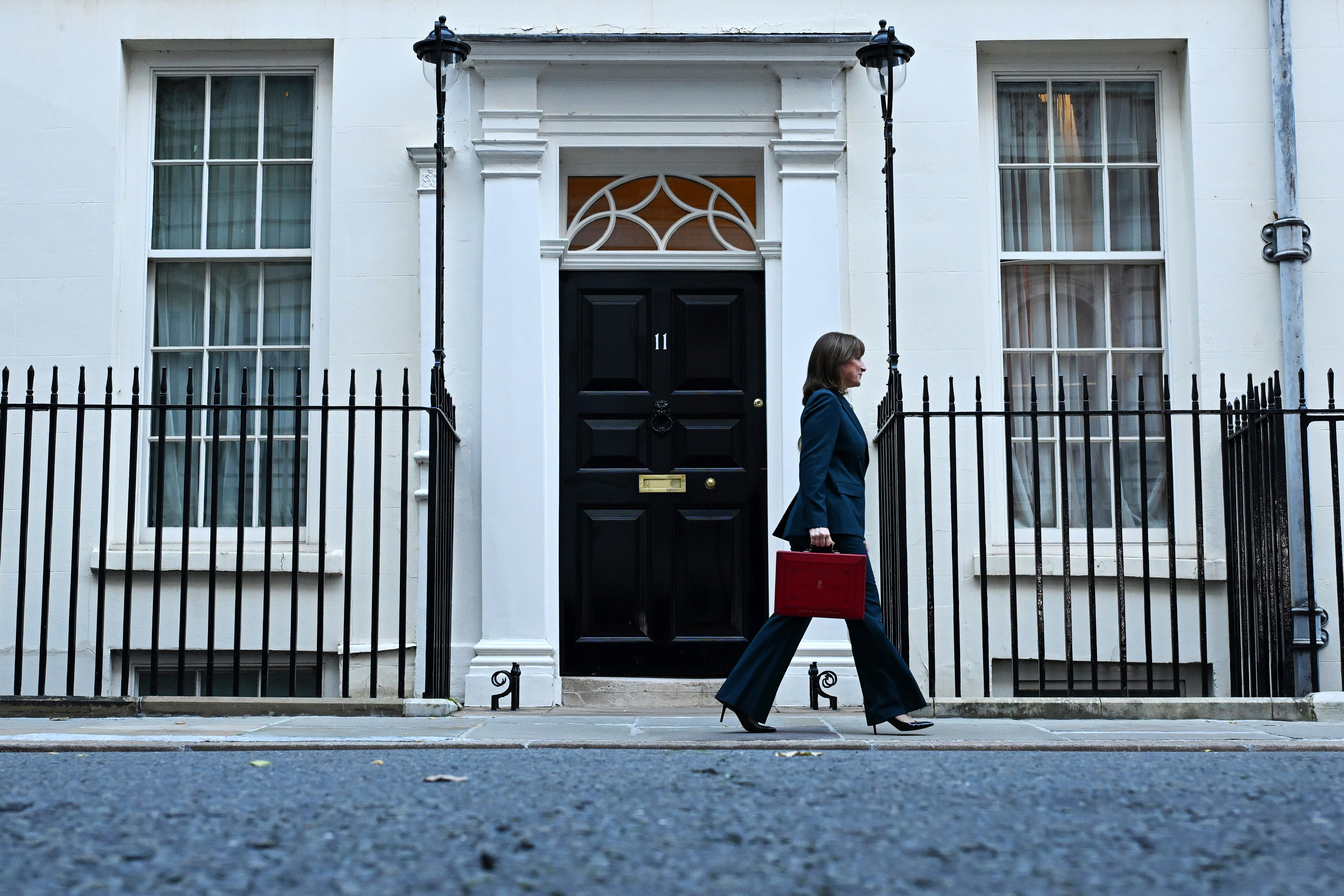 Autumn Budget winners and losers
Autumn Budget winners and losers"Someone has to suck up the costs - those who can pay will pay,” says Kalpana Fitzpatrick